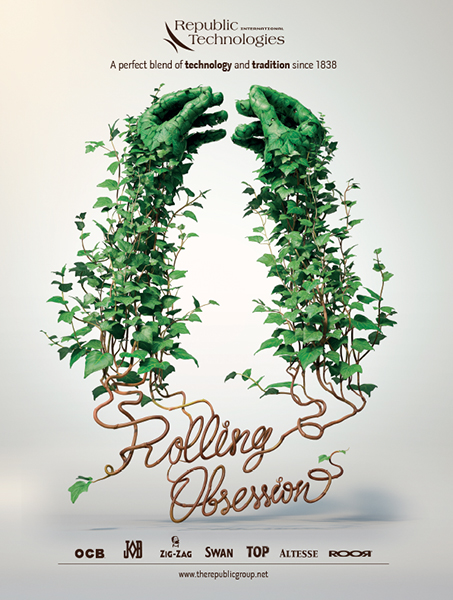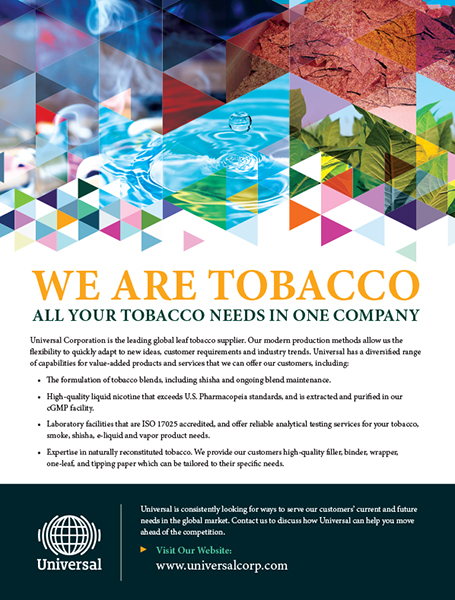For the Long Haul
- Cigars Print Edition
- August 1, 2020
- 0
- 15 minutes read
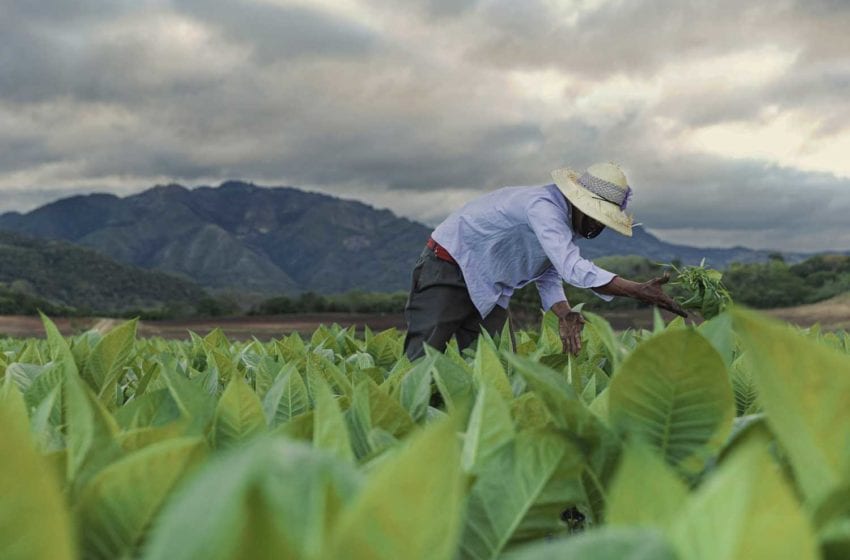
Tobacco Plant Hacienda d’Ernesto, oliva cigars, cortes cigars, Fred Vandermarliere, cigaren, tabak, plantage, werkers, veld, boeren, boerderijen
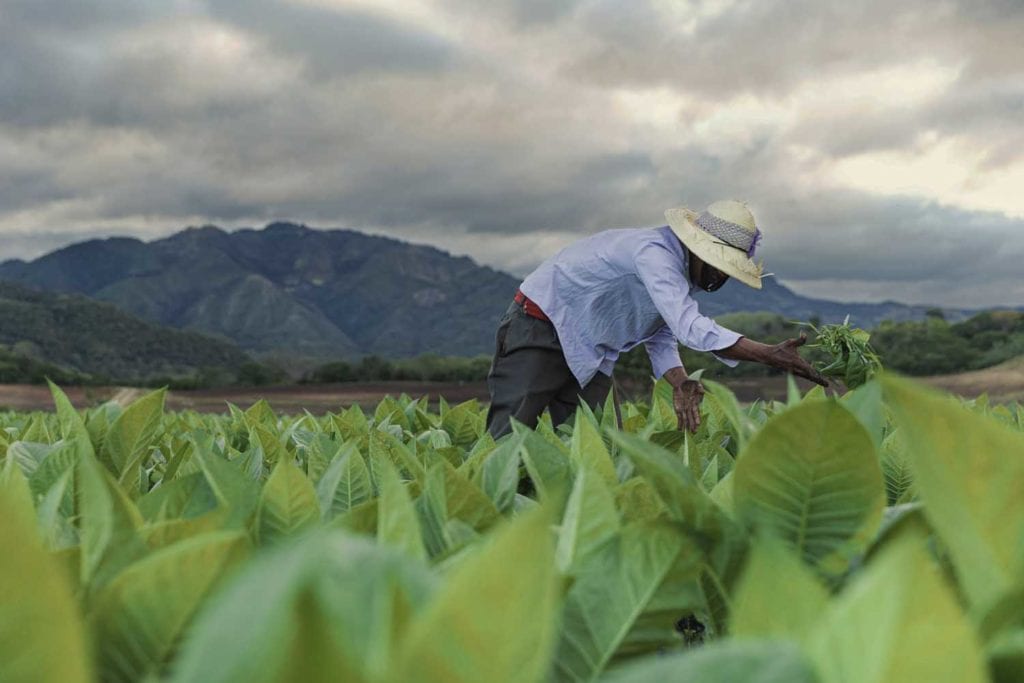
Despite declining sales and considerable regulatory pressure, smokers are likely to still enjoy cigars 100 years from now.
By George Gay
It is instructive to read what the U.S. Centers for Disease Control and Prevention (CDC) says about the first report of the U.S. Surgeon General’s Advisory Committee on Smoking and Health, which was published in 1964. According to the CDC’s website, the committee concluded that cigarette smoking [my emphasis] was a cause of lung cancer and laryngeal cancer in men, a probable cause of lung cancer in women and the most important cause of chronic bronchitis. And the CDC goes on to say, in the next sentence, “The release of the report was the first in a series of steps, still being taken more than 40 years later, to diminish the impact of tobacco use [my emphasis] on the health of the American people.”
It is noticeable how the CDC’s piece glides effortlessly from cigarette smoking, said to be the proven cause of these diseases, to the more general tobacco use. Clearly, since no distinction is being made between cigarette smoking and tobacco use, which could include, for instance, the consumption of snus, there was never any hope that regulators and the anti-tobacco community were going to recognize the more nuanced divide that separates cigarette smoking and cigar smoking.
It cannot be denied, however, that there is a world of difference between cigars and cigarettes and the way in which they are smoked, something that is given tacit recognition in many countries where the two products are separated by definitions and tax levels. Cigars and cigarettes are produced largely from different materials in different ways, so it is not surprising that they don’t look alike, they don’t taste or smell alike and they are consumed differently, including, in respect of cigars, less frequently. Additionally, cigars have a different, more limited consumer profile to that of cigarettes, with the former being enjoyed mainly by older men.
And while cigarette smoking is a habit, some say an addiction, cigar smoking can reasonably be seen as one of life’s simple pleasures, verging on a hobby among some people. Fred Vandermarliere, the CEO of VCF (Vandermarliere Cigar Family), which owns owners of J. Cortes and Oliva Cigars, said in an email exchange that taking an hour out of a day to smoke a cigar alone or with friends had the effect of clearing his head—it was a type of destressing that was similar to, though not the same as, the relaxation he enjoyed while cycling. But he said that cigar smoking, like all indulgences, should be enjoyed in moderation. “Don’t smoke, but enjoy,” he added.
Lopped in with cigarettes
The case of mistaken identity that has seen cigars bracketed with cigarettes has been a major obstacle for the cigar business because it has meant that, in large part, cigars have suffered at the hands of regulations developed with cigarettes in mind. In the U.K., where, according to Scott Vines, the managing director of Tor Imports, regulation has banned the display of tobacco products in all shops except the country’s 120 specialist tobacconists, there has been a big reduction in stores stocking handmade cigars (HMCs). This is unsurprising. You don’t have to be an expert to realize that a business that relies partly on regularly offering new products and limited editions, as the cigar business does, needs more retail exposure than is the case with cigarettes.
But all is not lost. Vines said his company, as part of “the ongoing battle,” lobbied the government via its industry body, the Imported Tobacco Products Advisory Council, and had gained some notable exemptions, such as that concerning what otherwise would have seen standardized packaging applied to larger cigars. This exemption, though seemingly insignificant, is seen as being a very important one for the handmade cigar community. As Vandermarliere pointed out, cigars comprise a niche product with low volumes but high numbers of formats, which means that the introduction of government-mandated pack changes and track-and-trace requirements, for instance, are more detrimental in respect of cigars than in the case of cigarettes, where higher volumes help spread the costs of such changes.

For Vines, with sales concentrated in the U.K., a huge hurdle is provided by a system of yearly duty increases that has pushed U.K. cigar taxes to the highest level in Europe. High taxes inevitably mean high retail prices and, in this case, an increase in consumers buying through the websites of companies based in countries with much lower taxes and retail prices. Purchases from Belgium, Germany, the Netherlands, Spain, Switzerland and the U.S. are said to make up most of this trade, which some estimates put at more than 30 percent of the U.K. market.
Given these issues, it’s not surprising that cigar volumes are declining in the U.K., though much of this decline is occurring in respect of sales of machine-made cigars (MMCs), while sales of HMCs are said to be “holding up.” Along with the retail-display restrictions and increases in taxation, downward pressure on cigar sales has been created too by the country’s system of high product-registration costs and, especially, the 2007 introduction of a ban on smoking in public places.
Partly because of this fall in volume, but also because of a switch to cigarillos from larger vitolas [Cuban formats], the value of cigar sales in the U.K. is also decreasing, though this fall in value has been partly offset by the yearly increases in duty, which inflate sales prices. Now, about 70 percent of all cigars smoked in the U.K. are cigarillos, which sell at a lower retail price than do HMCs and larger MMCs.
Declining volume sales were reported also by J. Cortes, which operates around the world but whose main markets are the U.S., France, Spain, Belgium, Italy and the Netherlands, though Vandermarliere also made the point that sales of premium HMCs were fairly stable while those of other cigars were declining. In part, Vandermarliere said, the decline was down to the cigar industry’s tobacco heritage, which meant that it attracted government regulations in the form of smoking restrictions, for instance. But he suggested that the industry was partly to blame for government interference because in producing some products that looked similar to cigarettes it was blurring the cigar/cigarette distinctions.
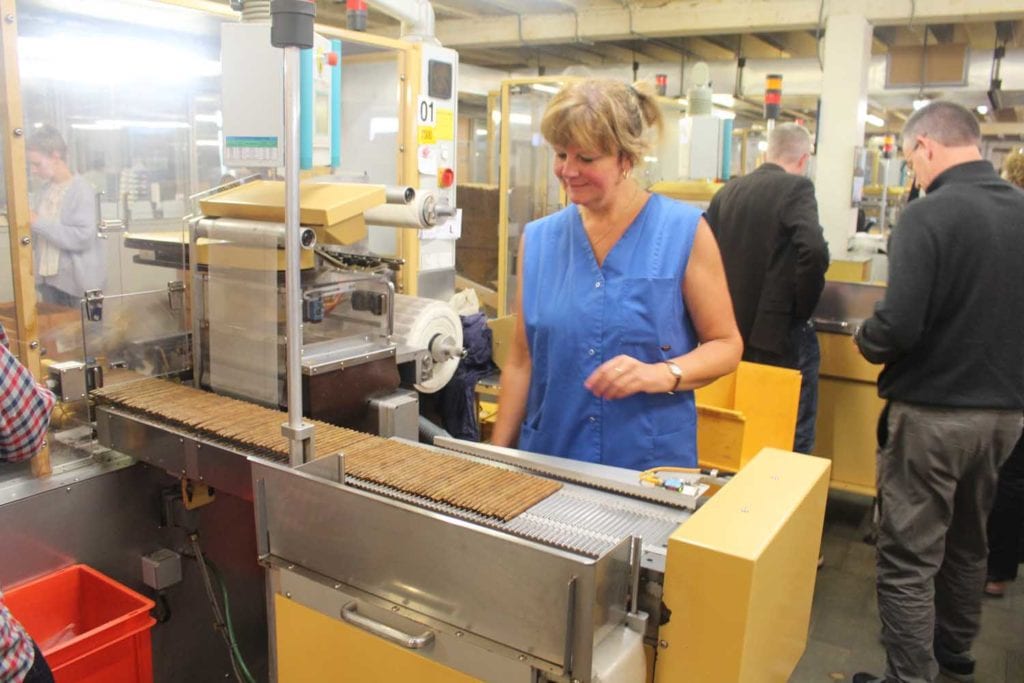
Evolving preferences
Whether the emergence of such products could be justified on the grounds of “consumer demand” is debatable, but it is indisputable that cigar-consumer preferences are always evolving, something else that distinguishes cigar smokers from most cigarette smokers but aligns them with consumers of, say, fine food and wines. Vandermarliere said that, in general, though with the exception of those in the U.S., consumers used to know only about Cuban cigars—as they used to know only about French wines. But preferences and tastes had expanded so as to appreciate the special qualities of cigars from other sources. And he gave as an example Nicaragua Fantastic puros [cigars], made by Oliva Cigars, which was acquired by J. Cortes in 2016 and which propelled the U.S. from almost nowhere to the No. 1 spot on the company’s list of markets.
Vines painted a similar picture when turning his attention to the evolution of the U.K. market. Alongside the switch that had occurred to smaller MMCs, the HMC market had undergone a radical shift in recent years. About 90 percent to 95 percent of the large cigars sold in the U.K. 10–15 years ago had been of Cuban origin, with the remainder being accounted for by all the New World cigar-making countries combined. That had changed considerably with Cuban-origin products now accounting for about 65 percent to 70 percent of the market and New World cigars growing share every year. Indeed, away from London, the share of New World cigars is even higher, with some areas having a 50-50 split. This change is said to have been fueled partly by a consumer desire for new cigar experiences, including the different flavor profiles offered by products from countries such as Nicaragua, the Dominican Republic, Honduras and Mexico, and partly by importers improving the range of New World cigars on offer in the U.K.

Coping with Covid
The question arises, of course, as to what effects the Covid-19 pandemic has had on supplies from such origins and, indeed, on sales in consuming countries. With factories in Sri Lanka, the Dominican Republic, Belgium, Nicaragua and Miami, VCF was bound to be affected by the Covid-19 pandemic, and so it was, but the level of disruption varied hugely—from having to close its Sri Lanka facility for five weeks, during which time workers continued to be paid, to only minor issues in the Dominican Republic. On the retail side, while tobacco was seen as a necessary product in almost all markets and was therefore available through general stores, a lot of markets saw the closure of specialized shops, which put downward pressure on sales. And this downward pressure only added to issues that had been encountered in China and Hong Kong since the beginning of the year. In the U.S., however, many consumers switched to online sales, and Vandermarliere was confident that his company would easily weather the Covid-19 storm. Certainly, he said, by being as flexible and agile as possible, and by keeping in close contact with and protecting its staff, VCF so far had been able to continue delivering cigars.
Meanwhile, Vines reported that, along with other businesses classed as nonessential, Tor Imports had had to adapt rapidly to continue trading in “any way considered close to normal.” “Tor Imports took the decision not to furlough any of its workforce but instead work with our customers [retail] even more closely to help deliver the same levels of customer service as prior to these strangest of times,” he said. This meant the company had had to change the way it managed its workforce, with the office and warehouse being operated on a skeleton-staff rota to ensure staff safety and the rest of its people working from home. This led to the discovery of new ways of working, such as with Zoom calls, and an improvement in internal and external communications.
Given this, it is possibly not surprising that Tor Imports seems to have weathered the pandemic rather well, but I hardly expected Vines, in answer to a question, to say that the company had done “remarkably well!” It had delivered above-average sales, he said, partly because customers geared up with a solid online offering had positively thrived during a lockdown that had coincided with unusually good weather for the U.K., allowing many consumers working from home to enjoy cigars.
It is not surprising that Vines takes a positive view of the future. After all, if you can conjure increased average cigar sales during a pandemic that causes lockdowns around the world, anything is possible. And one of the things that came into its own during the lockdown and that will be retained is the virtual cigar event. Such events, said Vines, had been a huge success, allowing cigar manufacturers to take part in multiple events in the same week without having to travel huge distances.
But another reason for confidence, perhaps, is that Tor Imports has added a second string to its bow. It has its own brand of cigars, Charatan, which it bought from British American Tobacco in 2018 and which is made by Joya de Nicaragua. Expanding distribution of Charatan cigars outside the U.K., coupled with that of Charatan Pipe tobacco, which is already available in Switzerland and Norway, is said to be a key part of the company’s strategy.
Vandermarliere, too, is confident about the future, but he has no illusions. Cigar manufacturers, he said, were operating in a market that was declining under a lot of regulatory pressure, so they weren’t giant tech companies that could look forward to doubling their businesses in five years. Nevertheless, J. Cortes believes that in 20, 50 or even 100 years from now, people would still be enjoying good cigars. And because of that belief, this family company with global reach would continue to invest in the cigar industry. Times would be tough, but then they would be tough for companies in other industries too, he added.
Part of this confidence is down to the way that Oliva Cigars has invested to ensure supplies of tobacco. It has invested in tobacco stocks and even in tobacco farms in Nicaragua, where it is introducing techniques to manage land and water resources responsibly—in a way that will allow tobacco to be grown there for the next 50 years at least.

